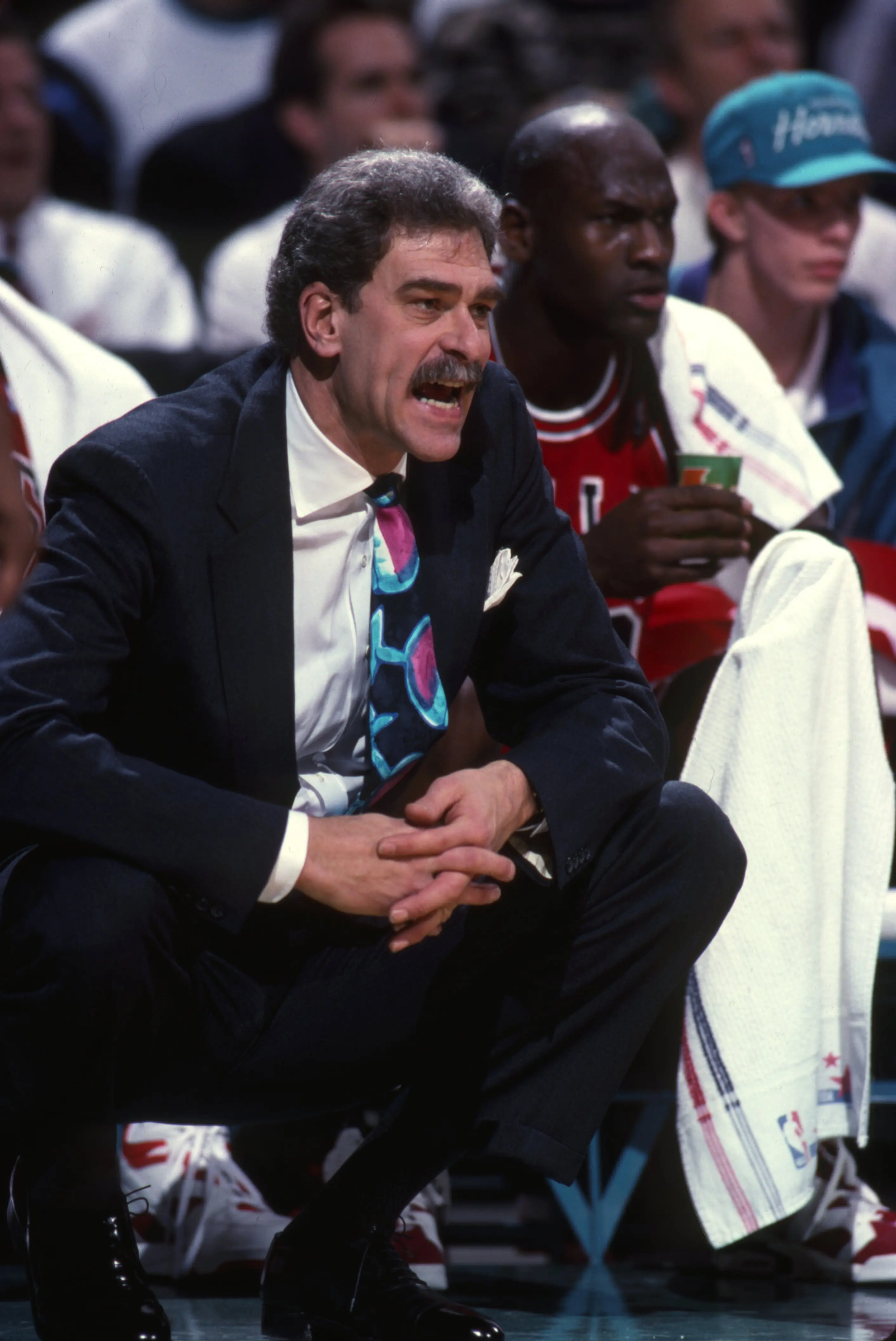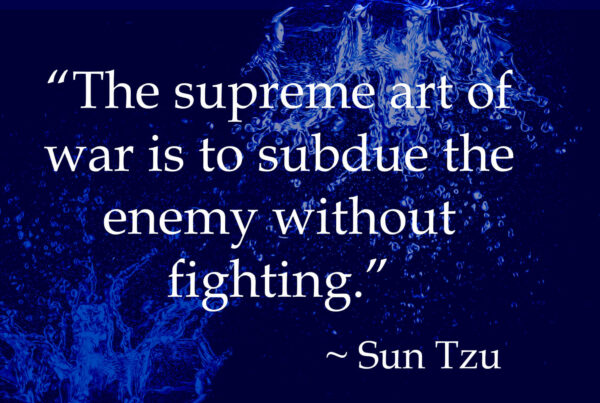Last Updated on June 5, 2023 by Dave Schoenbeck
When my son was a high school basketball player, a well-known sports psychologist was hired to help his team readjust their mindset. The goal was to improve overall team performance by assisting them to see their potential from a different perspective.

Looking over the workbook the team was using; I realized a significant crossover between sports psychology and the leadership skills we use daily in the workplace. From coaches to individual players, everyone involved in a sports team’s success must display leadership to get there.
As a business coach, I always look for new ways to help business leaders reach their full potential. Analyzing the techniques of professional athletes can change your outlook on life and put you in the proper position to achieve your personal and business goals. Here’s what you need to know about how sports psychology leadership can help you grow in your career.
Characteristics of a Sports Leader
What is a sports leader? By my definition, a sports leader applies the principles of sports psychology to their leadership style. Sport leadership skills can help you improve your discipline, excel at interpersonal communication, and stay motivated long-term while setting and achieving your goals.
Observing different leadership styles in sports can teach us a lot about how we operate at work. Athletes, after all, are the epitome of peak performance and discipline. So here are some sports leadership skills that you can implement into your leadership style today.
- Set a goal. Knowing what to focus on will give your path direction. Your goals should be SMART: specific, measurable, achievable, realistic, and timely. Think about it: athletes set concrete plans to improve their performance. When you know what you want to achieve, you will see when you’re on the right track.
- Visualize. Imagining how you will achieve your goals will set you up for success and help keep you motivated when times are tough. Mental imagery can be a fantastic tool to keep you in the game. Visualization is one of the most crucial sports leadership skills to work on developing over time.
- Positive self-talk. What you tell yourself is what you believe. You’ll see more wins if you have the mentality of a winner. However, if you get bogged down with negative messages that detract from your performance, use mantras to change how you see yourself and create a more positive self-image.
- Maximize your confidence. Athletes project confidence because they know they’re good at doing it. Harness that same emotional energy and focus on your wins. You can take on anything that comes your way because you’ve already overcome every obstacle you’ve faced thus far.
- Find your zone. When it comes down to the wire, you need to be able to tune out distractions. Sports psychology leadership can help. Consider it: athletes must tune out the crowd’s noise at every game to concentrate on their work. Stay relaxed and block out the literal and figurative noise to keep on track.
- Unshakeable concentration. Golf great Ben Hogan once stood over a crucial putt. Suddenly, a loud train whistle blared in the distance. After sinking the putt, Hogan was asked if the whistle bothered him. “What whistle?” he replied. His focus allowed him to succeed despite the obstacles around him. He never lost sight of his goal.
- Know what to focus on. As a business leader, many items demand your attention daily. Therefore, it would be best if you learned how to delegate the minor items (unimportant or not urgent) so you can focus on the things that are important, urgent, or both.
- Focus on your effort, not your outcome. Becoming a better leader is about the process, not the result. If you do it right, improving your sports leadership skills will be a journey that never ends. Of course, it would help if you always were on a quest for self-improvement, so focus on your daily efforts rather than a fixed endpoint you may never reach.
- Dwell, only on what you can control. So many variables affect your business, from market trends to employee mistakes to technological changes. You can’t control all those things, but if you focus on improving what you can manage to the best of your ability, your business will weather these storms better.
- Develop a routine. Athletes have rigorous practices and training sessions that they repeatedly repeat until their performance is perfect. In the same way, having a pattern will keep you on target and help improve your sports psychology leadership performance.
- Keep a team attitude. In sports and business, the ultimate goal is the whole team’s success, not the individual performance of just one person. Your goal should be to help the entire business excel, not steal the spotlight for your advancement. A rising tide lifts all ships. Aiming to be the tide, not the boat, would be best.
- Create an “enemy” to rally the team. Athletes have direct competition: the team or players they’re trying to beat. A healthy sense of competition can also unite and motivate your team. Identify a business challenge and fashion the enemy: a competitor. Make it a team goal to excel at a metric that this opponent does well.
Pro golfer Gardner Dickinson once said, “To win, you must treat a pressure situation as an opportunity to succeed, not as an opportunity to fail.” Likewise, good sports leaders have a success mindset that can’t be shaken. In this way, improving your sports leadership skills can help you achieve that same success in your leadership role and your personal life.
There is much to learn from sports psychology leadership, although it can be challenging to begin integrating these techniques into your leadership style. That’s where a business coach can help. Please complete my contact form and attend a complimentary coaching session to improve your sports leadership skills.
Coach Dave


